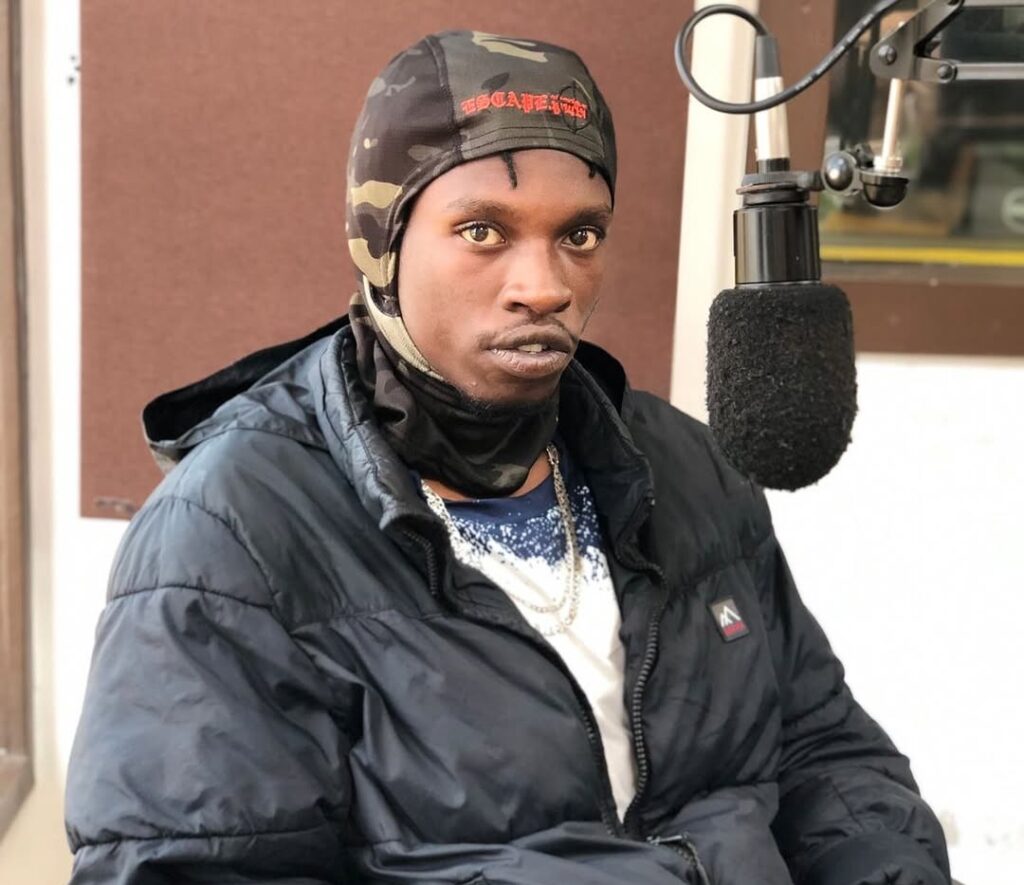Kenyan rapper Toxic Lyrikali has ignited controversy after publicly dismissing fellow artists Tipsy Gee and Parroty Vunulu during a live TikTok session. The outspoken rapper questioned their credibility and ability to advise him on his career, sparking heated discussions across social media and the local rap community.
In the viral clip, Toxic declared that he had long surpassed the two artists. “Mnani advise? Niliwapita kitambo. Ati unioneshe venye nitakaa kwa game na ndio unapata YouTube plaque sai,” he said—implying that his consistency and longevity set him apart from newer acts just hitting key milestones.
Fans Split Over Confidence vs. Disrespect
Reactions were sharply divided. Supporters applauded Toxic’s confidence, calling his remarks a reminder of his long-standing contribution to Kenyan rap. “Plaques don’t define talent. Toxic has been consistent for years,” one fan argued, hailing his attitude as self-assured rather than arrogant.
Critics, however, branded the comments dismissive. Many argued that undermining fellow rappers like Tipsy Gee and Parroty Vunulu risks creating unnecessary division in the scene. Others suggested that collaboration or mentorship would have been a more constructive path, strengthening unity in Kenyan hip-hop instead of fueling rivalries.
The YouTube Plaque Debate
Toxic’s reference to YouTube plaques—such as the Silver Play Button for 100,000 subscribers—added another layer to the debate. In today’s digital music era, such awards serve as modern markers of recognition. By pointing out that Tipsy Gee and Parroty only recently reached that milestone, Toxic implied they lack the industry experience to advise him.
What’s Next? A Diss Track on the Horizon?
Neither Tipsy Gee nor Parroty Vunulu has officially responded, but fans are already speculating about possible musical rebuttals. Given rap’s confrontational and competitive tradition, many believe a diss track may be inevitable. Whether this sparks a lyrical feud or fizzles out remains to be seen, but the situation has clearly reignited conversations about rivalry and respect in Kenyan hip-hop.
More Than Just Beef
Beyond the drama, the clash highlights deeper issues in Kenya’s music industry: the balance between confidence and respect, the meaning of recognition in the digital era, and the role of mentorship in nurturing new talent. Toxic’s remarks, whether seen as bold or disrespectful, underline his reputation as one of the country’s most provocative rap voices.
As fans wait for the next move, one thing is clear: this episode has cemented Toxic Lyrikali’s role at the center of Kenya’s ongoing rap narrative—where ambition, rivalry, and clout continue to shape the culture.

